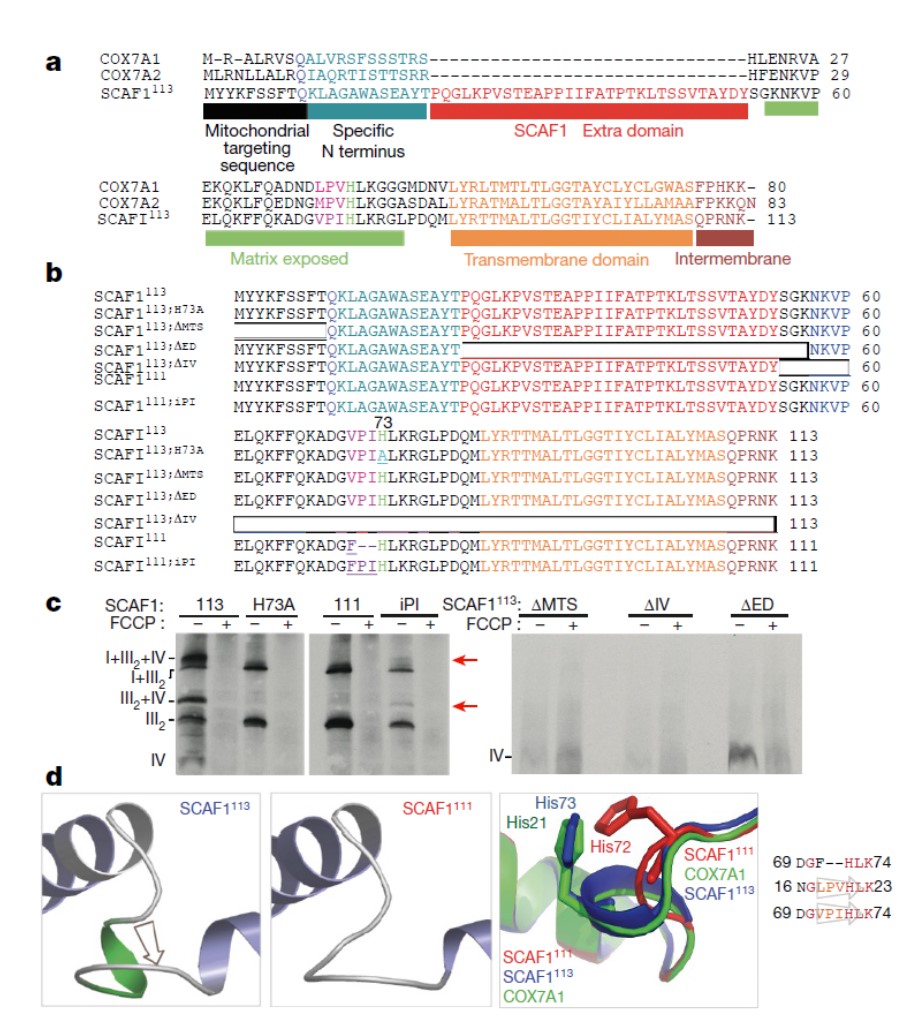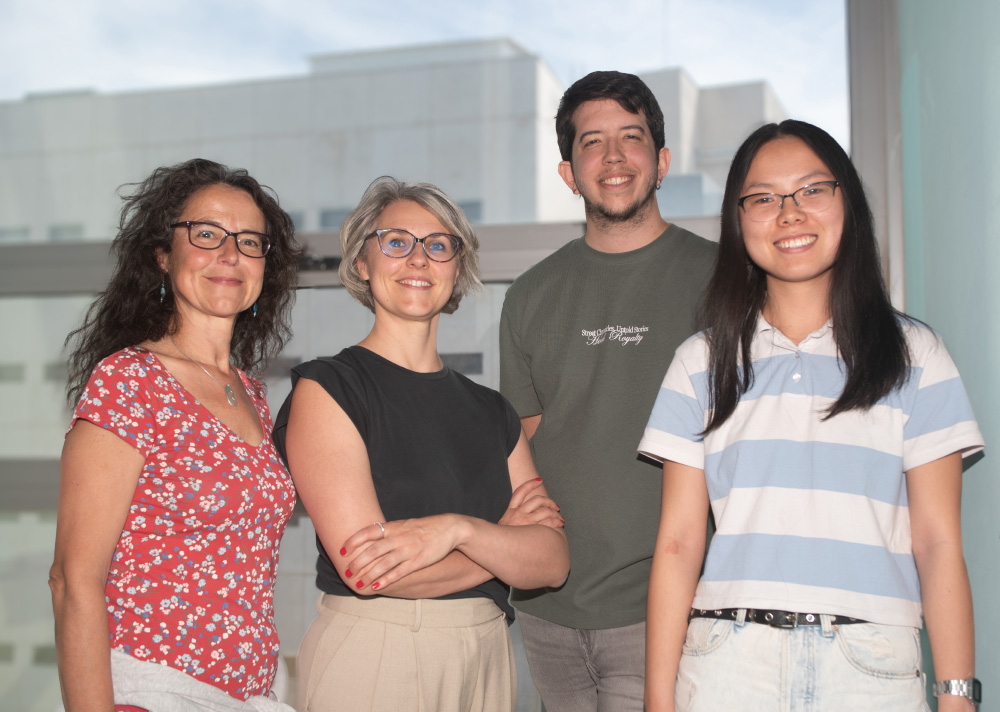Scientific Program
Physiological and pathological processes
RESEARCH GROUP
Molecular mechanisms of sex-differences in metabolism physiology and disease

Sara Cogliati
We study metabolic sex differences, focusing on mitochondria. Shaped by genetics, hormones, and environment, these disparities pose challenges in therapeutic development. By integrating in vivo models with advanced techniques like metabolomics, we explore how mitochondria drive sex-specific responses in health and disease, including metabolism and heart failure. We aim to translate findings into personalized medicine and develop targeted interventions tailored to each sex’s unique needs.

Research
It is evident that women and men, female and male animals, are biologically different, resulting from genetic, epigenetic, hormonal, and environmental factors. However, the progress in the understanding of the sex-specific physio-pathology is still marginal. Therefore, it is not surprising that such a limited comprehension of the molecular mechanisms hampers the development of appropriate therapeutic strategies.
Our laboratory aims to understand the molecular mechanisms underlying metabolic sex-differences in health and disease, explicitly exploring mitochondria’s role as the central hub where all metabolic functions converge.
We are currently addressing the role of mitochondria leading to a sex-specific response to heart failure and glucose metabolism. Our studies capitalize on in vivo and in vitro analysis combining biochemistry approaches to omics techniques.
Group members

Sara Cogliati
Lab.: 326 Ext.: 4648
scogliati(at)cbm.csic.es

Jose García-Consuegra Martínez
Lab.: 326 Ext.: 4648
jgconsuegra(at)cbm.csic.es

Ana Sagrera Aparisi
Lab.: 326 Ext.: 4648
asagrera(at)cbm.csic.es

Ariadna Qin Gil Martín
Lab.: 326 Ext.: 4514
ariadna.gil(at)cbm.csic.es

Tahmineh Ebrahimi
Lab.: 326 Ext.: 4648
tebrahimi(at)cbm.csic.es

Katerina Stamatakis García
Lab.: 326 Ext.: 4648
Selected publications

Digitonin concentration is determinant for mitochondrial supercomplexes analysis by BlueNative page
Cogliati S et al.

Functional role of respiratory supercomplexes in mice: SCAF1 relevance and segmentation of the Qpool
Enrique Calvo et al.

Scaf1 promotes respiratory supercomplexes and metabolic efficiency in zebrafish
Carolina García‐Poyatos et al.

Mechanism of super-assembly of respiratory complexes III and IV
Sara Cogliati et al.





